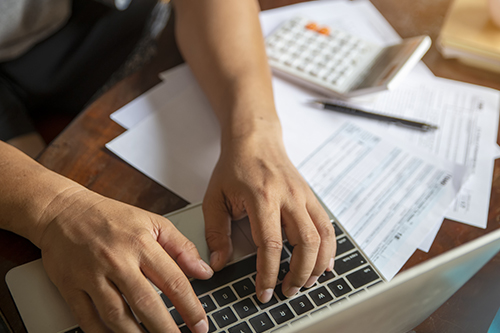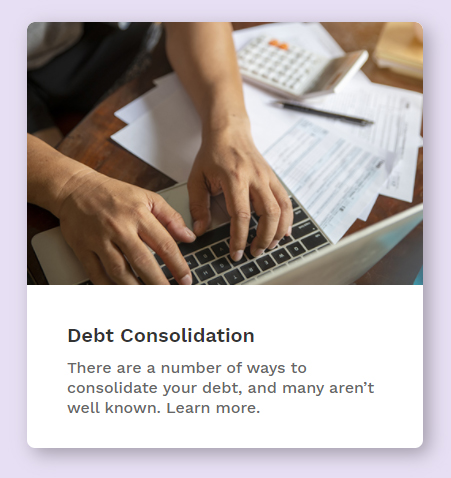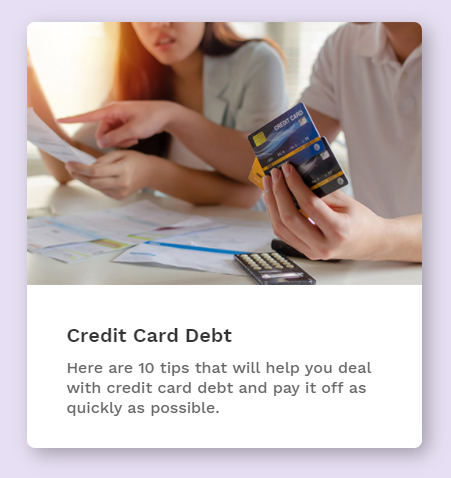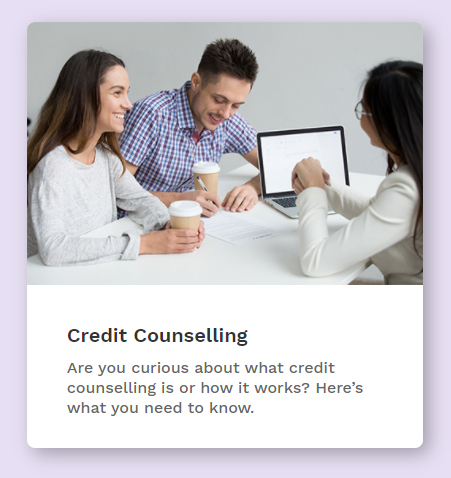What You Should Know Before Consolidating Your Debt
Q: I have a question about debt consolidation. With all the bad news lately about people losing their jobs and how much debt we’re all carrying, I know I need to get my debt under control for good. The problem is I’ve been down this road before and it hasn’t worked. At the advice of my financial institution I took out a low interest line of credit 3 years ago and paid off $20,000 of credit card debt at the time. Today I still owe about $18,000 on my line of credit and $3,000 on 2 credit cards. I have a stable job and make a reasonable salary and I’ve tried hard to reduce my debt. Each month I put as much as I can on my line of credit but something always seems to come along that sets me back. What am I doing wrong? – Dillon
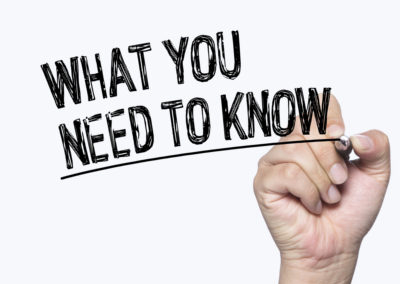 A: The unfortunate reality is that debt consolidation doesn’t come with a step by step manual to help you transition from being in debt to getting out of debt. Figuring out how to consolidate your debt is simply one step as you move in this direction. Another challenge is acknowledging that what works well for one person won’t always work out so well for someone else.
A: The unfortunate reality is that debt consolidation doesn’t come with a step by step manual to help you transition from being in debt to getting out of debt. Figuring out how to consolidate your debt is simply one step as you move in this direction. Another challenge is acknowledging that what works well for one person won’t always work out so well for someone else.
Turing a line of credit with low interest rate into a consolidation loan might have seemed like a great idea at that time, but it’s important to bear in mind, if you don’t reduce your overall expenses so that they are in line with your household income and have a strategy to manage annual expenses and emergency financial situations, consolidating your debt onto a line of credit is only going to help you for a short time.
Here is what you should know before you again look at consolidating your debt:
Do You Live Within What You Can Afford?
The only way to see if what you’re spending is less than what you’re earning is to write down your expenses for one or two months to work out exactly how much you’re spending. Then you can figure out where to start reducing. Given the reality that the level of your debt has gone up a bit, my suspicion is that your expenses – when you calculate interest costs – are still more than your monthly income. It’s important that you make sure your budget is balanced. This means not spending more money than you receive each month, and also being careful to keep track of annual and seasonal expenses.
Are You Aware of What Your Seasonal and Annual Expenses Are?
Take a look at the past year’s annual and seasonal expenses but also what you think you’ll spend this year on things such as insurance, car maintenance, vacations, home maintenance, Christmas, clothing, etc. Once you work out your total annual and seasonal expenses, divide this number by 12 and make sure to include this amount in your budget each month. If you’ve truly serious about getting rid of your debt, you’re going to need to put this amount of money aside in a savings account every month so that you can handle these expenses as they happen rather than depending on credit.
Have You Setup an Emergency Savings Account?
Well laid out plans always have steps in them to handle unexpected things such as life events and urgent financial situations. To handle financial emergencies, a person should preferably have 6 month’s worth of living expenses set aside, on top of the funds available for annual and seasonal expenses. Although I recognize that your aim is to eliminate debt as fast as possible, it’s better to create a plan to succeed that is likely to take more time to accomplish than try to do too much too soon and not succeed.
I would encourage you to create a goal of saving up an amount equal to 1 month’s worth of living expenses every year until you manage to save up 6 month’s worth of living expenses. Bear in mind that emergency savings are for real emergencies and are not meant to keep you afloat if you spend too much over the course of the month. To make certain this money will be there when you need it, set up another savings account for emergencies and remove direct access to this money from your debit card.
What Are You Able to Pay Towards Your Debt Every Month?
With your monthly, seasonal, and annual costs reduced to align with what you earn, and a savings program setup for emergencies, you can now figure out the amount you’re able to afford to put towards your debt every month. If the amount is not enough to make your minimum monthly payments on your line of credit and 2 credit cards, go back and determine if further reductions in all your spending are a possible.
You should also take a look at what your monthly payment would be if you re-consolidate your debt onto your line of credit or got a debt consolidation loan. The helpful thing about a consolidation loan is that you have a fixed amount of time to repay it. Just as long as you don’t use credit, you can expect to be out of debt when your payment term finishes.
If you intend to use your line of credit for this, work out how much time you need to fully pay off your debt and the monthly payment it will take. Ensure the payment fits within your budget and keep with this monthly payment until your debt is paid off.
What Are You Able to Do If the Minimum Payment is Too Big
Knowing what you have available to put towards your debt every single month is a super important step before considering options to consolidate your debt. If you don’t have enough money to make the minimum payments that are needed, you’re going to have to look into other alternatives to debt consolidation. This could involve looking into how you can increase your household income or sell non-essential assets to pay your debt down. I would also suggest that you to talk with one of our Credit Counsellors to discover options you may not have heard about. These options could include a Debt Management Program.
Last Words on Debt Consolidation and Getting Out of Debt
Digging yourself out of debt isn’t easy, but it is doable once you look at the big picture and fully understand your financial situation. By investing the time to find the right guidance and help on debt consolidation before making your decision, you’ll have confidence to move forward and be that much closer to achieving your goal of getting out of debt!
Last Updated on January 3, 2025
